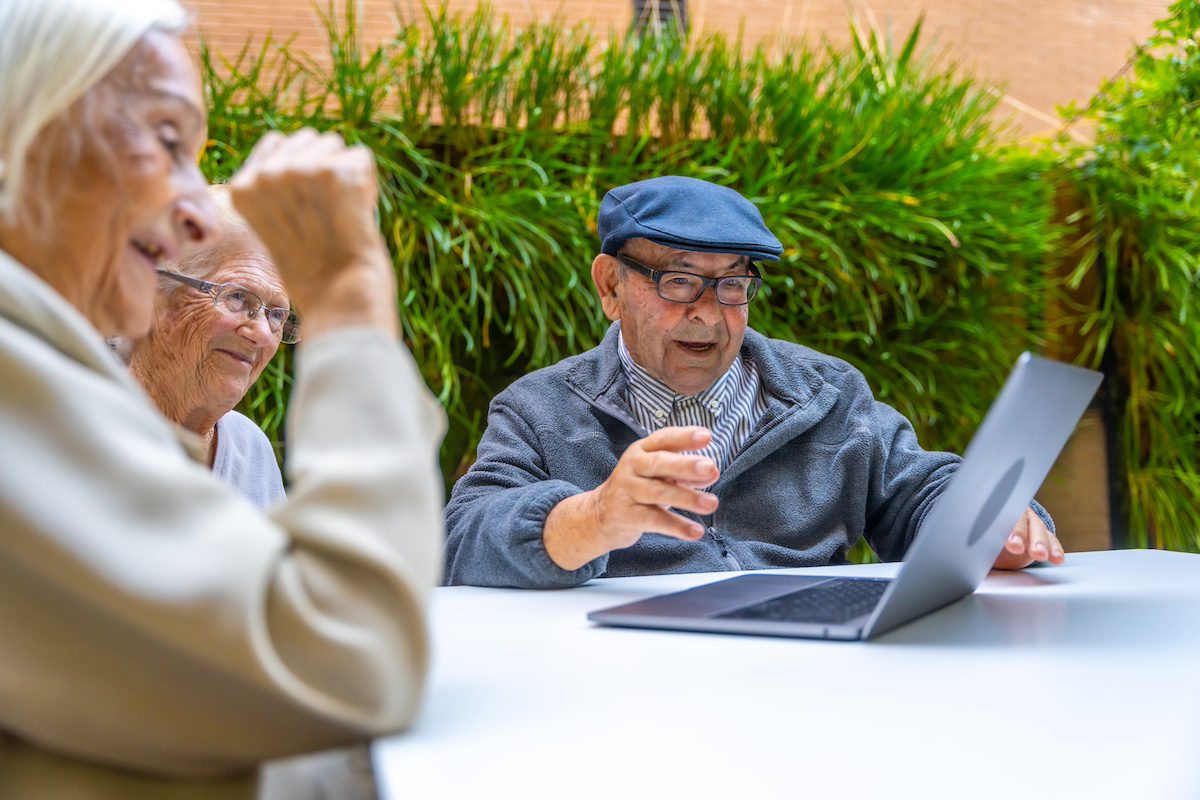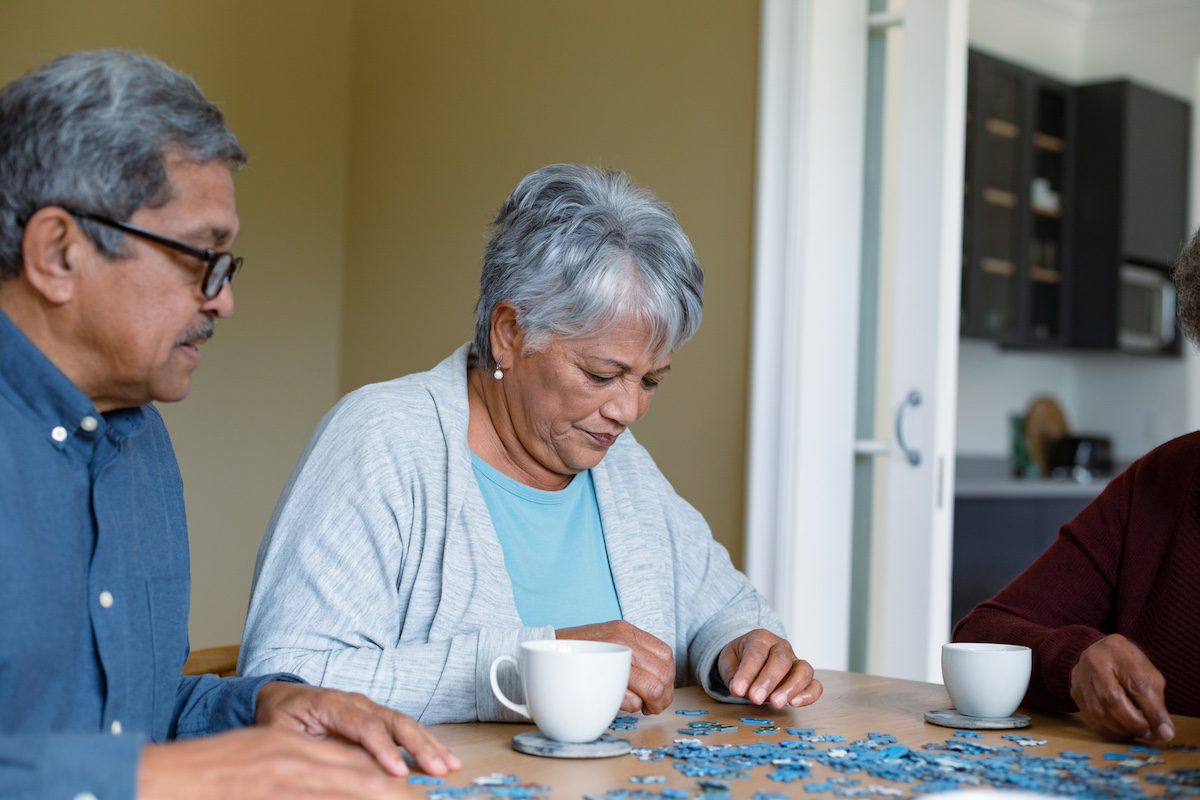If you have a loved one who has been diagnosed with a terminal illness, you’ve seen how much pain it can cause. These illnesses can take precious time away from individuals who are nearing death. Instead of taking their last few weeks to spend time with friends and family, patients with terminal illnesses are distracted by their pain.
One study found that two-thirds of patients with cancer in hospice and more than 50% of patients with other chronic diseases experienced pain.
The primary goal of hospice care is to help your loved one get the most out of life, not spend it suffering. Hospice care utilizes palliative care and pain management to achieve this goal. If your loved one is considering hospice, keep reading to learn more about palliative care and pain management.
What is pain management?
Pain management is a strategy that healthcare organizations implement to help patients overcome the symptoms of their illnesses so they can maintain a higher quality of life. Pain management isn’t limited to hospice or end-of-life care. Many treatment plans combine palliative medicine with curative medications to lessen the patient’s side effects.
Hospice care utilizes pain management techniques to help patients feel better and make the most of their final days.
What is pain management medication protocol?
Hospice teams make regular assessments to see how the patient is feeling. Checkups are essential to make sure the current pain management regimen is working for your loved one. The team nurse performs these routine checks.
Directing physicians and team nurses determine hospice medication protocols. Medication isn’t a one-size-fits-all solution for pain management. The same illness can affect two individuals differently. Hospice teams work to find the best pain management plan for your loved one’s unique symptoms.
Comfort care implements a variety of pain management strategies to help your loved one feel their best. While not all pain management is through medication – for example, massage and physical therapy – most patients in hospice use medication to alleviate symptoms of their illnesses. Some of the most commonly used palliative medicines include:
- Opioid Therapy: Opioids such as morphine, oxycodone and hydrocodone interact with receptors in the brain and other parts of the nervous system to reduce the pain signals and feelings of pain. These medications work great to treat intense pain in hospice and palliative care patients.
- Nonsteroidal anti-inflammatory drugs (NSAIDs): These drugs block the production of certain body chemicals that cause inflammation, thus reducing pain brought on from the inflammation. While NSAIDs are less potent than opioids, they work well for specific illness side effects.
- Acetaminophen: A well-known pain reliever, this drug is more commonly referred to as Tylenol. Patients use acetaminophen for mild-to-moderate pains versus opioid therapies that are used for severe pains.
Common misconceptions about hospice pain management and palliative care
Unfortunately, some patients and caregivers are hesitant about pain management because of misconceptions about medications hospices use. Here are three of the most common misconceptions about pain management treatments:
- Opioid treatment will cause my loved one to become addicted. All medicines prescribed to patients are under the close watch of the hospice medical director and resident nurse. Dependence rarely happens due to the short window of time your loved one will take the medication.
- Pain management medications will cause my loved one to become groggy or “out-of-it.” While all medications have side effects, hospice care is designed to help patients get to a comfortable level, without impairing their thinking. Hospice care will only give the necessary amount of medication.
- Pain management medication will hasten my loved one’s death. Pain management and palliative care do not cause an illness to progress faster. Patients often live longer while using pain management treatments due to their higher quality of life and lack of pain.
If you are looking for excellent hospice care that uses the best pain management practices, contact Crown Hospice of Cape Girardeau and Poplar Bluff today. We offer outstanding care, state-of-the-art techniques and team members that care about you and your loved one.
Still considering which hospice care organization you should choose for your loved one? Visit our services and FAQ page for more information about hospice care?


